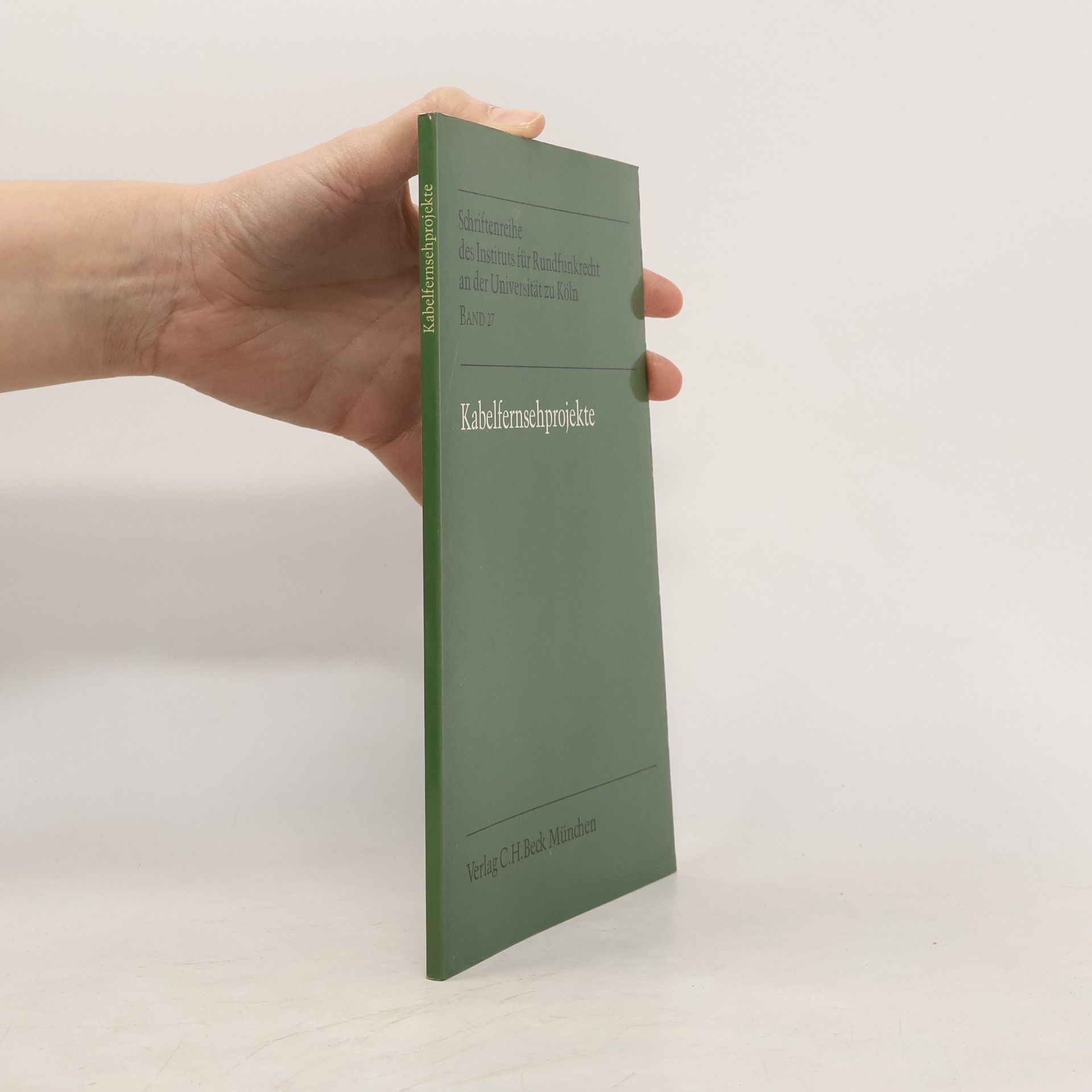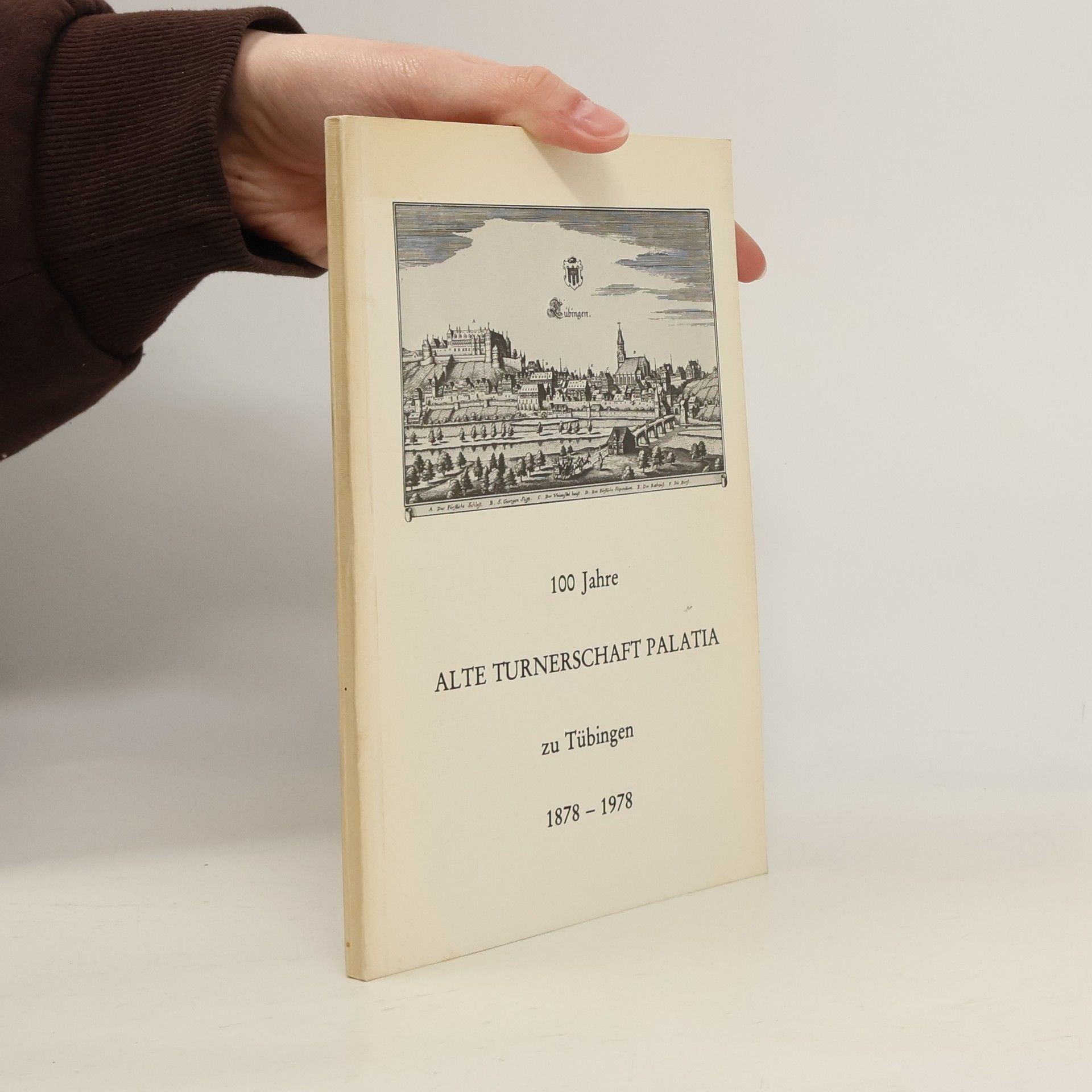neuveden Bücher






Entdecken Sie Frankreich mit den Grünen Michelin-Reiseführern. Zur Vorbereitung Ihrer Reise dient die Karte der Hauptsehenswürdigkeiten und die Bewertung nach Sternen : *** Ist eine Reise wert ** Verdient einen Umweg * Sehenswert Die Einfürung in das Reiseland informiert Sie über Geschichte, Kunst und Geographie. Die Beschreibung der Städte und Sehenswürdigkeiten, alphabetisch geordnet, wird Sie bei der Besichtigung von Bau -, Kunst - und Naturdenkmälern orientieren. Die praktischen Hinweise vermitteln Ihnen alle für die Reise und die Besichtigungen wichtigen Informationen wie Offnungszeiten, Preise, Adressen. KORSIKA Die " Insel der Schönheit " ist wie ein grosses Buch, das seine Geheimnisse nach und nach enthüllt : die stille Harmonie der romanischen Architektur, die stolze Silhouette der Zitadellen und Dörfer, der verhaltene Reiz seiner Franziskanerklöster, die aus einer anderen Zeit stammenden genuesischen Wachttürme, die sich wie Perlen entlang der Strände und Buchten aufreihen, schliesslich die bezaubernden Barockkirchen. Eine weniger bekannte Facette Korsikas ist seine grandiose, wilde Bergwelt, die den Besucher unweigerlich in Bann schlägt.
Kabelfernsehprojekte
- 77 Seiten
- 3 Lesestunden



